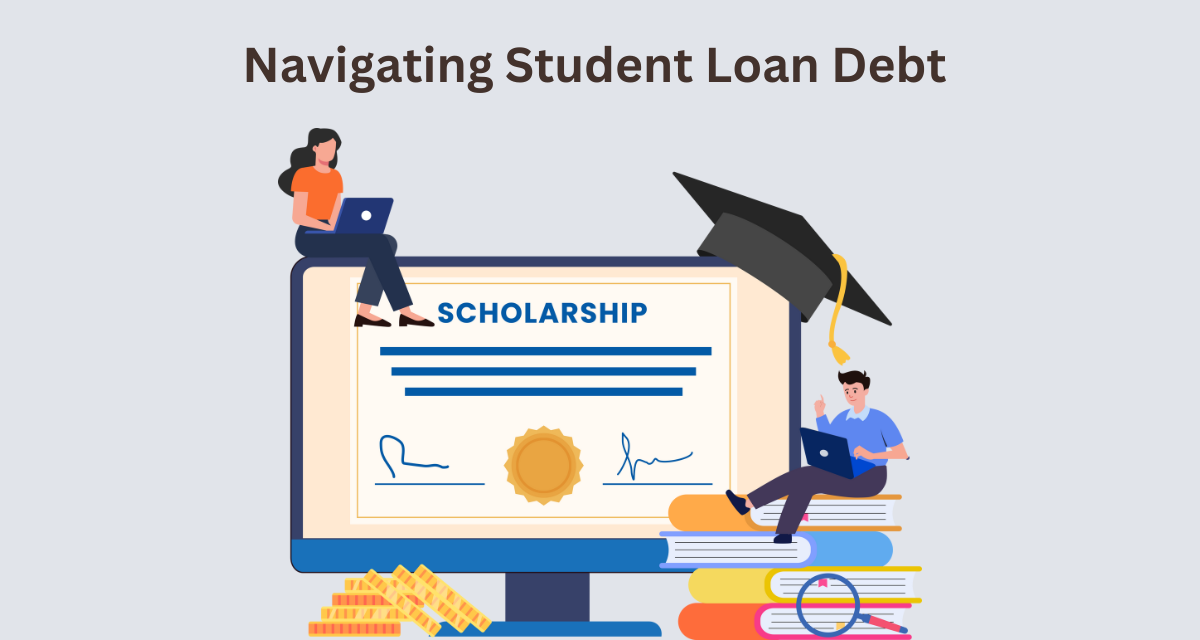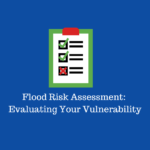Higher education can be a transformative experience, but it often comes with a significant financial burden in the form of student loan debt. Navigating student loan debt is essential to ensure that your educational investment doesn’t hinder your financial future. In this guide, we’ll explore strategies for managing and repaying student loans wisely.
Understanding Student Loan Debt
Student loan debt is borrowed money used to finance education expenses. It’s intended to cover tuition, fees, textbooks, and living costs while pursuing higher education. These loans typically come with interest, and repayment usually begins after graduation.
Why Navigating Student Loan Debt Matters
1. Financial Health
Managing student loan debt effectively is crucial for your overall financial health. Excessive debt can strain your budget and impact your credit score.
2. Future Goals
High levels of student debt can delay your ability to achieve other financial goals, such as homeownership, retirement savings, or starting a family.
3. Loan Forgiveness
Certain professions and programs offer loan forgiveness or repayment assistance, making strategic loan management even more critical.
4. Stress Reduction
Successfully handling student loan debt can reduce financial stress and improve your quality of life.
Strategies for Managing Student Loan Debt
1. Know Your Loans
Understand the types of loans you have (federal, private, or both), their interest rates, and the terms of each loan. Federal loans often offer more flexible repayment options.
2. Create a Budget
Develop a comprehensive budget that includes student loan payments as a fixed monthly expense. This helps you manage your finances effectively.
3. Explore Repayment Plans
Federal loans offer various repayment plans, including income-driven repayment (IDR) plans that base payments on your income. Choose the plan that best suits your financial situation.
4. Consolidation or Refinancing
Consider loan consolidation to simplify multiple federal loans into one or refinancing to secure a lower interest rate. Be cautious when refinancing federal loans, as you may lose certain benefits.
5. Prioritize High-Interest Loans
If you have multiple loans, prioritize paying off the ones with the highest interest rates to minimize overall interest costs.
6. Automatic Payments
Enroll in automatic payments for potential interest rate reductions and to ensure you never miss a payment.
7. Emergency Fund
Maintain an emergency fund to cover unexpected expenses so that you don’t rely on credit cards or additional loans.
8. Employer Assistance
Explore whether your employer offers student loan repayment assistance as part of your benefits package.
9. Loan Forgiveness Programs
Investigate whether you qualify for loan forgiveness programs, such as Public Service Loan Forgiveness (PSLF), which forgives federal student loans after ten years of qualifying payments.
10. Seek Financial Guidance
Consider consulting with a financial advisor who specializes in student loan debt management for personalized guidance.
11. Communication with Lenders
If you’re struggling to make payments, contact your loan servicer immediately. They may offer options such as deferment, forbearance, or revised repayment plans.
Collaborating with Student Loan Professionals
Working with student loan counselors or experts can provide valuable insights and guidance when navigating student loan debt. They can help you understand your options, create a repayment strategy, and ensure you make informed decisions.
In conclusion, managing student loan debt requires careful planning and diligence. By understanding your loans, exploring repayment options, and seeking professional guidance when needed, you can effectively manage your student debt without compromising your financial future. A strategic approach to student loan repayment is key to achieving financial stability and pursuing your life goals with confidence.











Excellent way of explaining, and good paragraph to get facts on the topic of my presentation topic, which i am going to present in institution of higher education.
Nice post. I learn something totally new and challenging on sites I stumbleupon everyday. It’s always helpful to read content from other authors and practice something from other sites.
What’s up, everything is going well here and ofcourse every one is sharing data, that’s in fact fine, keep up writing.
farmacia online internacional Comprar Levitra Sin Receta En Espana farmacia online internacional